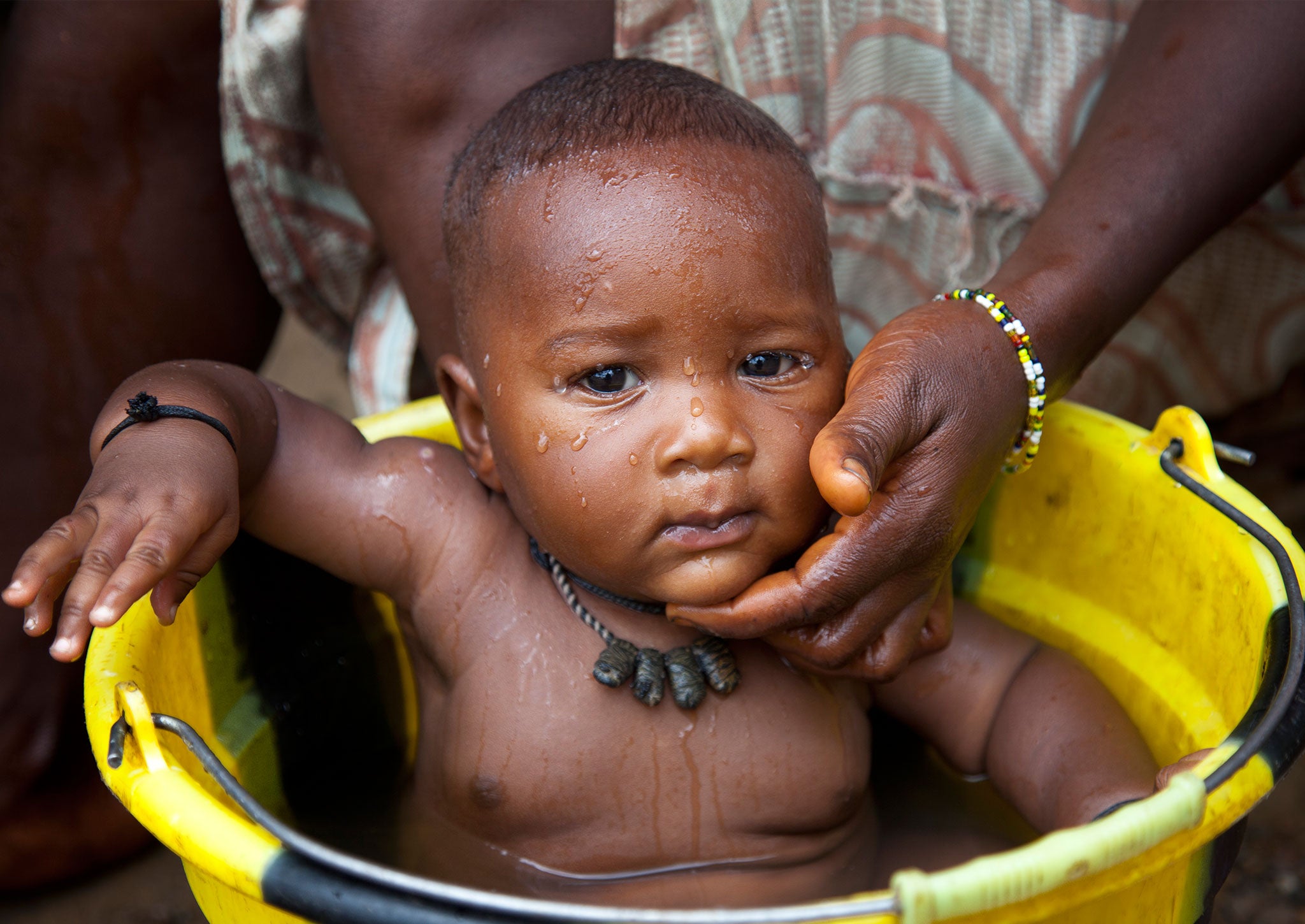After 150 years knowing that sanitation saves lives, a third of the world still doesn't have safe toilets
The shameful waste of life is all the more tragic because it is entirely unnecessary

Your support helps us to tell the story
From reproductive rights to climate change to Big Tech, The Independent is on the ground when the story is developing. Whether it's investigating the financials of Elon Musk's pro-Trump PAC or producing our latest documentary, 'The A Word', which shines a light on the American women fighting for reproductive rights, we know how important it is to parse out the facts from the messaging.
At such a critical moment in US history, we need reporters on the ground. Your donation allows us to keep sending journalists to speak to both sides of the story.
The Independent is trusted by Americans across the entire political spectrum. And unlike many other quality news outlets, we choose not to lock Americans out of our reporting and analysis with paywalls. We believe quality journalism should be available to everyone, paid for by those who can afford it.
Your support makes all the difference.Today marks the day when the world celebrates a piece of equipment that readers will have all used this morning without any sense of ceremony or gratitude.
That's because today is World Toilet Day. On this day, I encourage you to spare a thought for the one third of the world’s population that lives without access to a safe toilet. That includes 1bn people who are relieving themselves in the open – at roadsides, on railway tracks and in fields – and another 1.5bn whose toilets are so poor that they pollute their drinking water and the places where their children play.
Living without a toilet has dire consequences for children in particular. Every minute, a child aged under five dies from a diarrhoeal disease. The vast majority of cases – 88 per cent - of diarrhoea cases are caused by lack of a toilet, unsafe drinking water and poor hygiene.
The death rate of small children from diarrhoea is roughly equivalent to that of malaria. Since the millennium, it is estimated that over 10m children have died due to a lack of toilets.
This shameful waste of life, hope and potential is all the more tragic because it is entirely unnecessary. We are not waiting for a medical or technological breakthrough to the problems. We have known for 150 years that drinking water contaminated with sewage is directly linked to disease. Providing safe toilets is relatively straightforward and has been done since Roman times. Working with people to change their toilet habits takes time, but is effective.
Those within health care and medicine, the doctors and nurses on the front line, know this all too well. That’s why 36 national and international medical and health organisations and associations, including the likes of the World Medical Association, the Commonwealth Medical Association, the British Medical Association, the Royal College of GPs, and the Medical Associations of Nigeria and India, among many others, have joined with WaterAid in signing up to an open letter to the General-Secretary of the UN to highlight the importance of toilets.
The world’s leaders know what is needed, but to date have lacked the vision and political will to do it. If we look at the projected progress of the Millennium Development Goals, which are due to run their course next year, the target of halving the number of people without access to sanitation will be missed by around 500 million people. That’s around the same number of people living in the European Union. At the current rate of progress, Sub Saharan Africa will not meet their target for at least another 150 years.
Why is this? Partly because sanitation is the Cinderella issue of development. Few politicians aspire to having a community toilet bear their name. This stigma runs all the way up the decision making chain to the top where the amount of money allocated to sanitation by governments is disproportionately small compared to the importance of the issue and scale of the task.
That is why it is so refreshing to see Indian Prime Minister, Narendra Modi, giving such prominence to the issue of sanitation in his country. He used the biggest moment of the Indian political calendar, the Independence Day speech, to make it clear that providing safe sanitation for all in a country where half relieve themselves outdoors, was one of his top priorities.
In a world of competing interests and a myriad of claims on investment, it is so important that those at the top clearly state that the provision of sanitation must be a priority.
This is why WaterAid is calling for the United Nations to create a dedicated goal to deliver water and sanitation to everyone, everywhere by 2030. By having a clear focus and deadline on this issue, we believe that the next generation could live in a world where no child has to needlessly die because of a lack of toilets.
Join our commenting forum
Join thought-provoking conversations, follow other Independent readers and see their replies
Comments